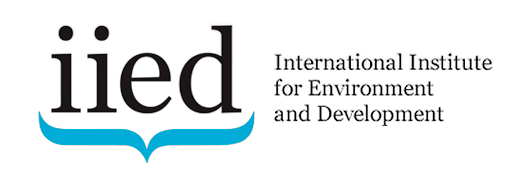Solar-powered technology to level the playing field in underserved communities
October 12, 2020

People from underserved communities will have better access to renewable energy, thanks to new funding from the Efficiency for Access Research and Development Fund, which the IKEA Foundation supports.
Today the Efficiency for Access Research and Development Fund has awarded 20 organisations a total of £2.9 million for innovative, solar-powered appliance projects.
Around the world, 840 million people live without access to electricity or appliances that help them earn an income or provide access to communications or clean cooking. Vulnerable and marginalised groups such as women and girls, people with disabilities, children and stateless people are particularly affected. That’s why this award supports investment in technology that promotes social inclusion.
Newborns, students and farmers
The winning projects include Neopenda’s wireless vital-signs monitor for newborn babies. The company’s neoGuard technology allows clinical staff to monitor up to 20 babies at a time. Thanks to the new funding, up to eight healthcare facilities in Kenya, Tanzania and Uganda will be able to use neoGuard technology to help newborns survive their most vulnerable time.
Another project, Jirogasy’s solar-powered computers, aims to make e-learning more accessible in Madagascar. The project will develop an energy-efficient, all in one, solar-powered PC, which can be assembled locally. Once the pilot project is complete, the company aims to provide computer access to over 10,000 students in Madagascar every year.
Simusolar’s project will help female smallholder farmers in off-grid, off-network areas use solar water pumps and other appliances. Simusolar and the International Institute for Environment and Development (IIED) will develop an innovative data-syncing method that broadens the coverage of Simusolar’s pay-as-you-go platform.
The Efficiency for Access Research and Development Fund aims to accelerate the availability, affordability, efficiency and performance of appliances that are particularly suited to off- and weak-grid communities and promote social inclusion.
Jeffrey Prins, Head of Portfolio – Renewable Energy at the IKEA Foundation, said: “The IKEA Foundation is proud to support these innovative projects through the Efficiency for Access Research and Development Fund’s third funding call. We want to inspire and influence the renewable energy sector to embrace productive use of renewable energy in all aspects of human development work, which will make our societies more inclusive and greener. These awardees will do just that.”
Awardees received funding to support the implementation of their projects over a two-year period, with individual awards ranging from £50,000 to £270,000.
Find out more about the awards here: https://efficiencyforaccess.org/enabling-technologies-call
Partner



